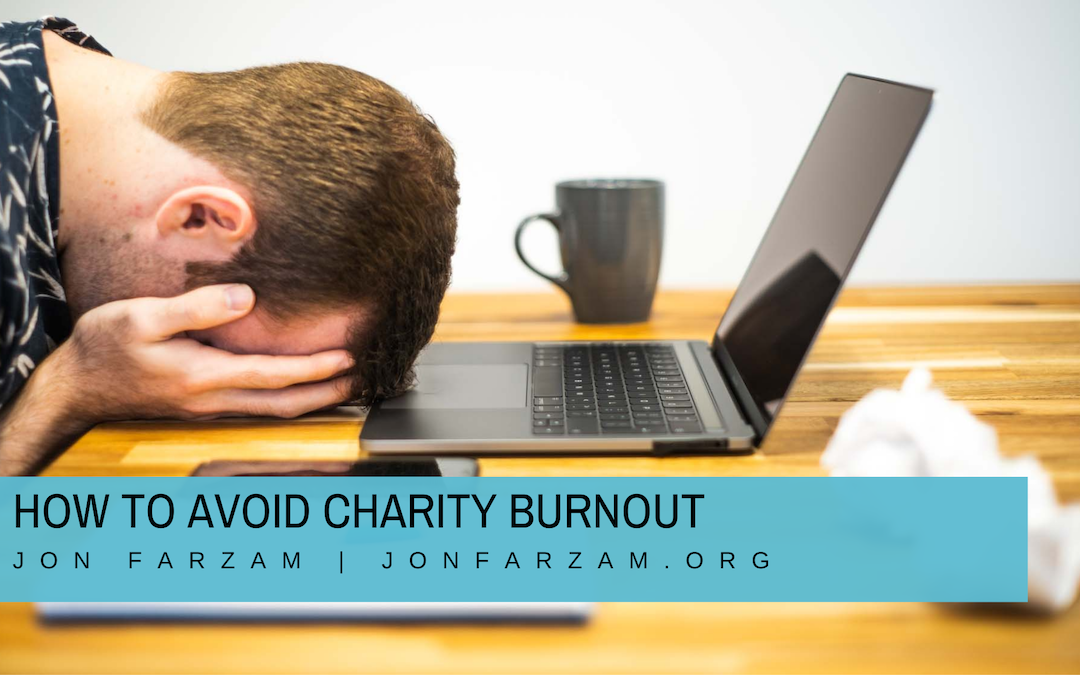Due to heavy workloads and unrealistic deadlines, charity work can be very exhausting. When working for nonprofit organizations, days off can feel insufficient considering the long hours of work. Luckily there are several ways of preventing burnout.
Schedule and Practice Rest
When working for a nonprofit organization, goals are essential, and the to-do list is endless. This can lead to tediousness and burnout. Therefore, to avoid burnout, charity and nonprofit workers should apply disciplined work and rest habits. This rule dictates that the work schedule must include resting time. Taking a few hours to relax after work helps a great deal when tackling burnout. Besides, it doesn’t delay tasks or hinder the achievement of work goals. Many studies have been done on the 52:17 ratio, which gives your brain time to recharge, resulting in overall productivity.
Scheduling a Work Wish List
In most cases, the work schedule appears to be full of urgent tasks. These tasks range from emails to send to projects to oversee. Most of these tasks are tedious and consume a lot of energy. Therefore, to avoid burnout, the daily schedule should include a work wish-list.
A work wish-list is a list of the small tasks that one wishes to tackle but gets postponed to make room for more urgent tasks. These small tasks are less tedious hence encourage relaxation.
Consider Remote Work Options
Another way to prevent burnout is by working from home. Instead of spending the entire day working, an employee can personalize the working hours. For example, an employee might choose to work early mornings, rest during the afternoon and resume work in the evening. Working remotely offers flexibility and allows time for rest, which in turn prevents burnout.
Setting Boundaries Between Work and Personal Time
During PTO time and days off, it’s important not to concern oneself with matters of work. Vacations are personal time, and work shouldn’t interfere. When the day is through, employees should go home and relax. By setting boundaries between work and personal time, employees give themselves time to rest and regain their energy.
Avoid Residing too far from the Work Premises
Residing too far from the work premises requires that an employee wake up early to make it in time. This travel schedule is tedious and doesn’t allow enough time for rest. Therefore, an employee should reside close enough to the work premises. This gives them enough time to rest at night and enough time to complete the work.

